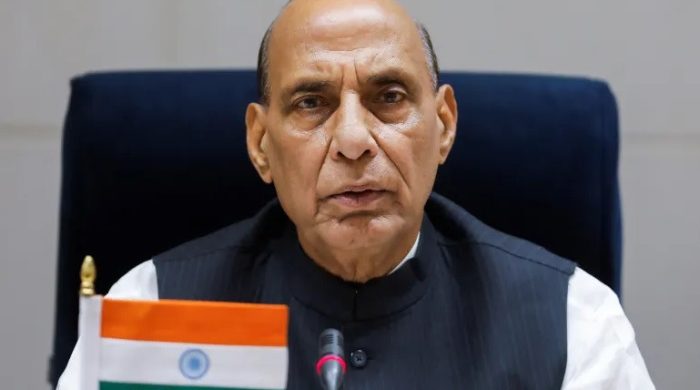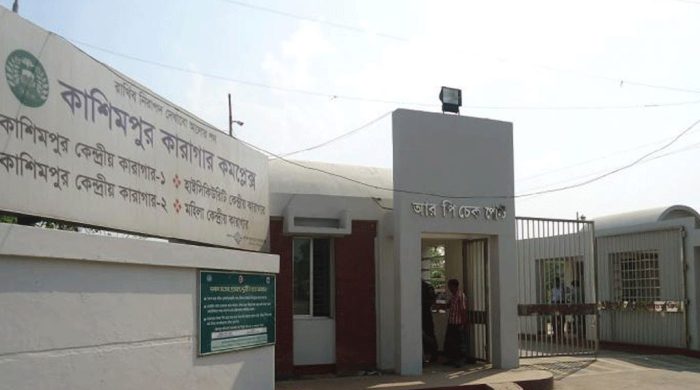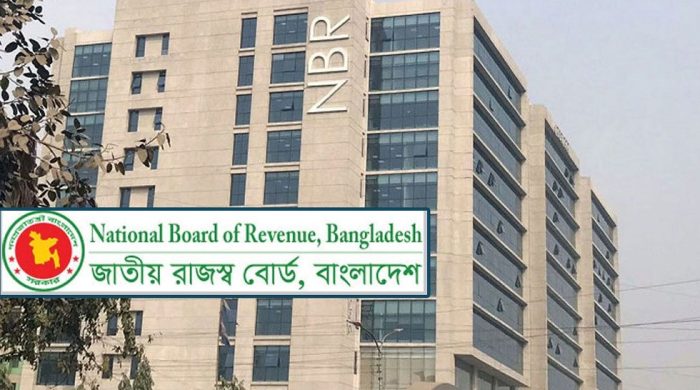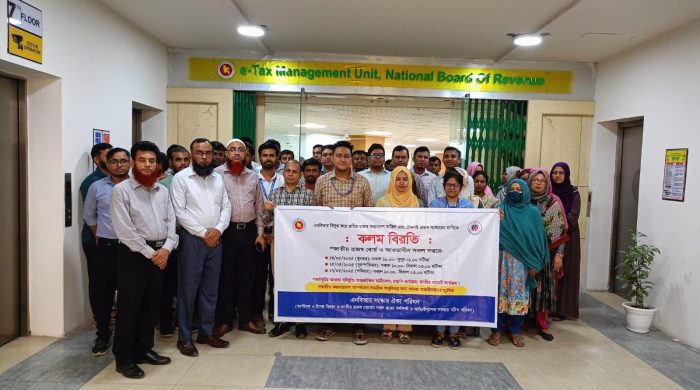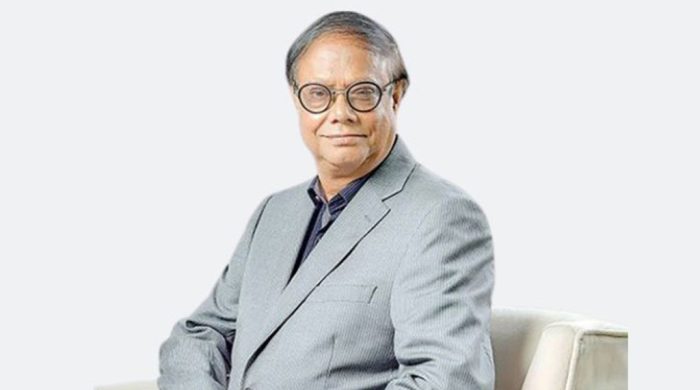Success of Universal Pension Scheme depends on people’s confidence: Experts

- Update Time : Sunday, August 27, 2023
- 75 Time View

The success of the newly introduced universal pension scheme, aimed at fulfilling constitutional aspirations for a welfare state, hinges on gaining the confidence of millions in the private sector.
The government launched the much-talked-about pension scheme on 17 August to provide old-age social protection to millions of people working in the private sector.
Policymakers and economic analysts say that although the concept of a universal pension system is entirely new in Bangladesh, it is a timely step, as such schemes are already operational in countries like China, India, the Netherlands, and some other developed nations.
They say the core objective behind the advent of such social security schemes worldwide is to establish a “welfare state,” and the Bangladesh government can be thanked for this bold initiative.
“People’s confidence in the government depends on its welfare programmes. The universal pension system is undoubtedly a milestone for building a welfare state,” said political-economy analyst Kamal Uddin Mazumder, adding that the equal distribution of resources is key to both a welfare and a democratic state.
“It will be a unique social security initiative. We hope that with this pension scheme, Bangladesh will be able to ensure a better life for its future aged population,” he continued.
At the same time, economic analysts reminded that the effectiveness of the scheme would fully depend on its transparency and whether it will be able to earn people’s confidence.
“Definitely, it is a good initiative in principle, as it has created an option for future saving for private-sector individuals in addition to DPS. But its success will entirely depend on its effectiveness,” said Dr. Zahid Hussain, former lead economist at the World Bank’s Dhaka office.
He thinks that the effectiveness of the programme cannot be assessed by the preliminary response to the newly launched scheme. According to the latest BBS survey, the size of the country’s total workforce is 58.7 million, of whom only five percent are government employees and ten percent are in private jobs.
Of these, only those working in government, semi-government, and public autonomous bodies receive pension facilities. Only eight percent of the 95 percent of the private workforce receive gratuity facilities, and the rest have no such provisions.
In the context of the long absence of any specific retirement plan or pension system in the private or informal sector, the introduction of the pension facility is seen as an epoch-making event for the country.
Bangladesh is now enjoying a demographic dividend, as more than half of its population is aged between 18 to 50 years, but its aged population size will increase substantially after 2030. Currently, the country’s aged population size is 11.3 million or eight percent of the total population.
It is set to rise to 28 million by 2025, 45 million by 2050, and 56.1 million by 2060. In 2050, the share of aged people in the total population will be 20 percent, available data show.
Average life expectancy is estimated to increase to 80 years by 2050 and 85 years by 2075 from the current level of 73 years, resulting in a quick spike in the old-age population who will require social protection.
In the context of LDC graduation, Bangladesh needs to invest more in its people to consolidate an inclusive development foundation and enhance domestic revenue generation capacity, say economic analysts and social researchers.
The government’s new scheme will incorporate all working individuals aged 18-50 years, including those working abroad. Most importantly, it will prioritise the protection of low-income and underprivileged people.
A subscriber to the scheme will be able to receive a pension after reaching 60 years of age. In the case of their death, their nominee will receive a pension until the subscriber reaches 75 years of age.
However, the success of this “good initiative” will rely on how people respond to it, how much their confidence is built on it, and on financial management and transparency, as people have to wait for at least 10 years to get a return from their savings, according to financial sector experts.
Explaining the current system, renowned economist Dr. Zahid Hussain told the Daily Sun, “Actually, the money will go to the finance division, which means it is directly going to the government budget.” People may lack confidence in the scheme, fearing whether its financial management will be transparent or whether the government will have the capacity to pay their due benefits.
He thinks that the savings should not be part of the budget and that the regulatory authority should be autonomous and independent for better results from the initiative.
Planning Minister MA Mannan has urged people and critics to wait at least a few months to see the results of the initiative. “Many people will criticise it because it is a new scheme. There are always some people who try to find loopholes in any new initiative. It is quite natural,” Mannan told the Daily Sun on Saturday.
He emphasised the necessity of a universal pension scheme, saying that such a scheme is crucial given the rising income and education of people and improved communication systems. “We must be able to build a welfare state if we get the time and scope. We have all the resources for it, and Prime Minister Sheikh Hasina is also very keen on the country’s development into a welfare nation,” he noted.






